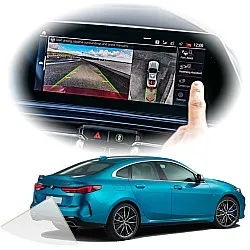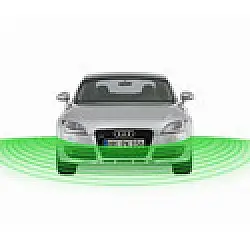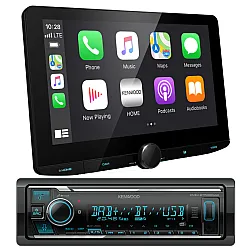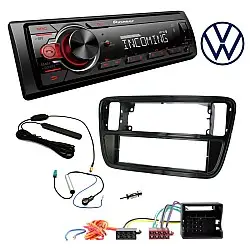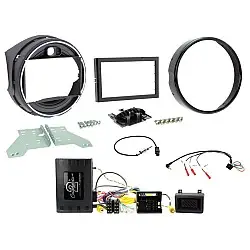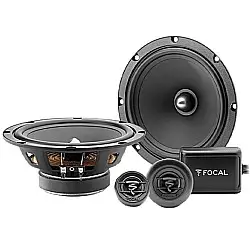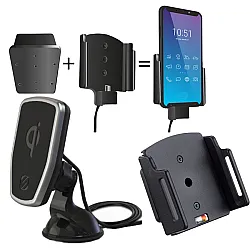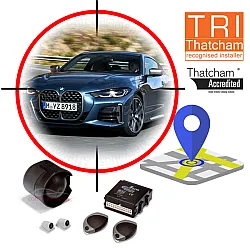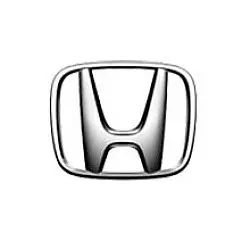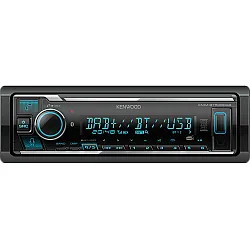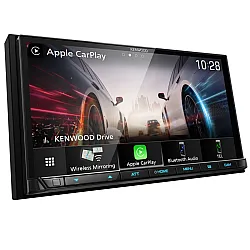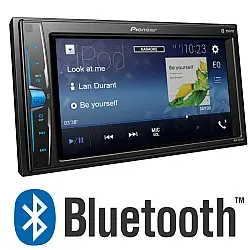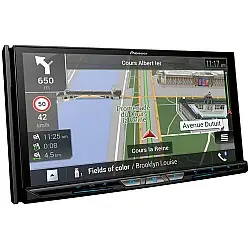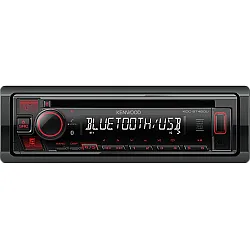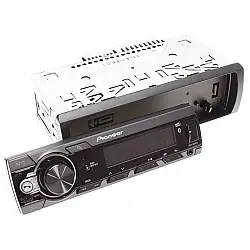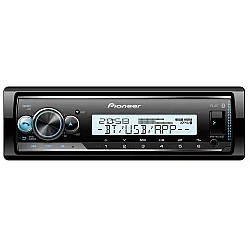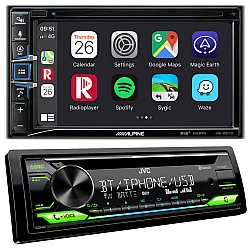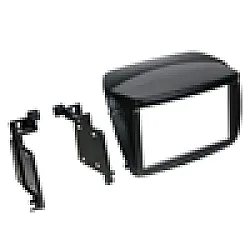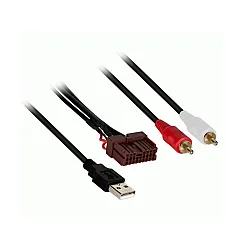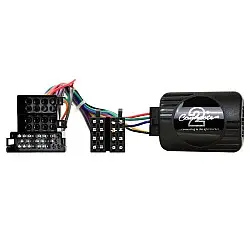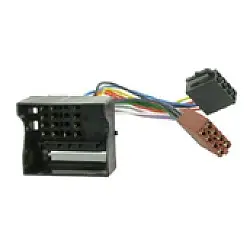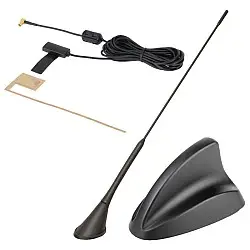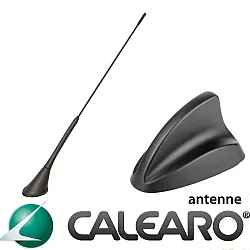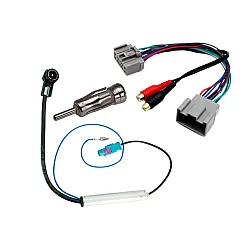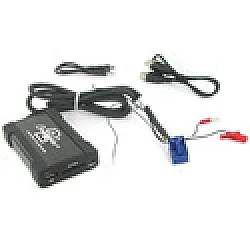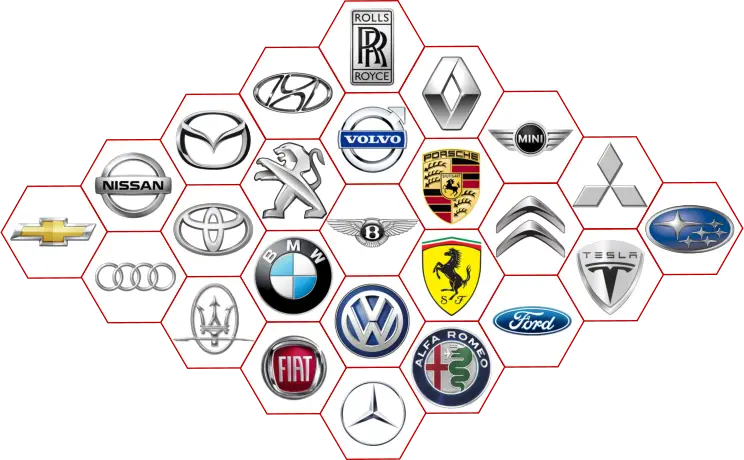Quick tips for cleaning and disinfecting your car in lockdown
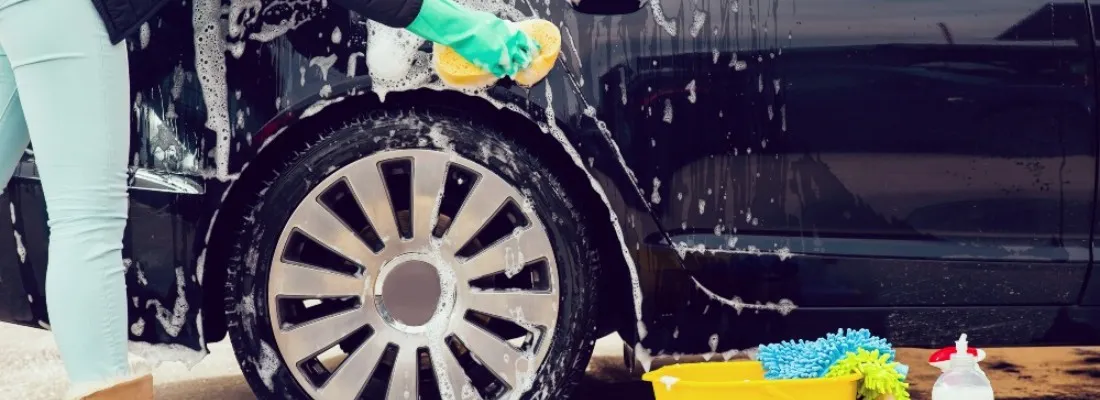
Cleaning your car has taken on a whole new and important meaning in the midst of the current Covid-19 crisis; it’s not just about presentation anymore, but a matter of health and safety. We’ve collated some key tips on cleaning your car below, but before we start it’s important for us to make a few things clear.
First, that this should not be considered medical advice. We’re not health specialists here at Car Communications, so these are just a few general tips.
All this information was current at the time of publication, but may be subject to change and therefore may not always reflect the latest information or government guidance. For that reason alone, we’d also recommend that you consult the government or NHS websites.
- For the latest Government advice, visit https://www.gov.uk/coronavirus.
- For NHS updates, please visit their dedicated coronavirus page.
- For AutoTrader advice to drivers, this page is where you’ll find it.
Right now in late April 2020, current government guidance says you should only be using your car if you’re making a trip to the shops for necessities, or attending a medical appointment, or you’re going to work (if you can’t work from home). However, if you absolutely must use your car under the following circumstances, you can reduce the risk of contracting or spreading coronavirus by cleaning your vehicle at regular intervals. Before you start though, you should always make sure you wash your hands in accordance with the government guidance, for at least 20 seconds.
What cleaning products to use
For a job like this, really car-specific cleaners are ideal (although plenty of household cleaners will do in a pinch). It’s best to try and get cleaners for fabrics, exterior metal and plastic, as well as those for interior plastics, vinyl and leathers. If you’re less than 100% sure about using any individual product, it’s a good idea to check the manufacturer’s labels.
Above all, make sure you’re using disinfectants that are known to kill flu viruses. Some may not all be explicitly recommended for use in the car, but many drivers are prepared to take the risk of a little aesthetic damage for the sake of safeguarding the health of themselves, and their families. If you’re not able to procure specialised disinfectants, soap and water is perfectly capable of handling the job, although it may take a little longer to do the job properly. One of the reasons that soap is so effective (and so highly recommended for humans to use on their own skin, too) is that it breaks down the protective bubble of the virus, which ultimately helps to kill it.
Key things to bear in mind when cleaning your car
As we touched on above, before you start it’s really important to wash your hands for at least 20 seconds, or using sanitiser. Then, we’d recommend cleaning the car first by giving the exterior a good scrub down with soap and water, and using suitable cleaning products on the interior. From there, you can move on to using appropriate disinfectants to thoroughly disinfect the car.
As you go through it all, make sure to prioritise the areas that are most frequently touched. That means the door handles, gear stick, seats and armrests, and the seat belts and handbrake. Similarly, pay close attention to infotainment screens like those used for any reversing cameras or car stereos.
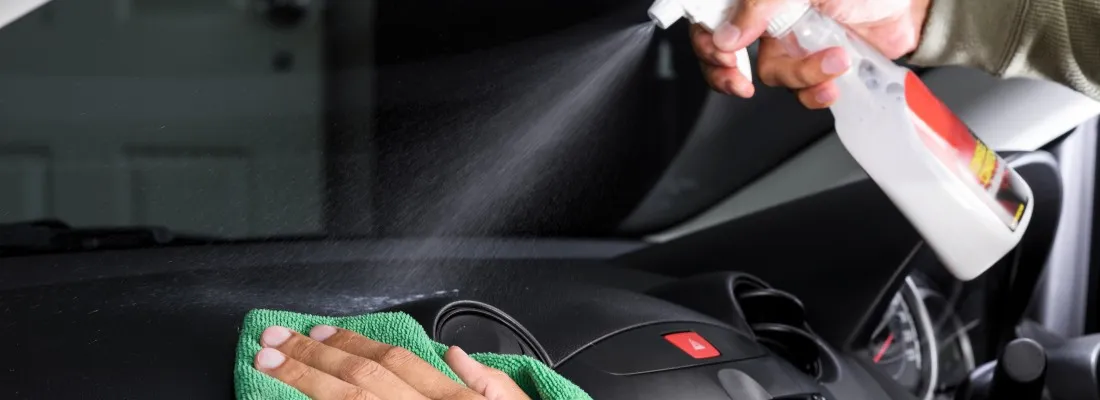
It’s a good idea to prioritise the steering wheel most of all. Previous studies have shown that it normally carries up to four times the number of germs as the average toilet seat, so regular cleaning and disinfecting of it is a good habit to get into. Don’t neglect carpets, mats and other fabrics too. As a species we’re still learning about this virus, but what we do know of it indicates that there’s a good chance it’s spread by cough droplets, so fabrics should be close to the top of your list to clean. This is especially true if you’re transporting any vulnerable people in your car, or anyone who may come into contact with them.
Be careful about using water round electronics, especially iPod car kits and similar aftermarket systems. When you’re cleaning leather or vinyl, don’t forget that scrubbing too hard can start to wear away at the dye or surface coating, so try and make a balanced judgement about how much pressure is required. A microfibre cloth is a useful tool in this regard, as it can help you to avoid this kind of damage.
Make sure to wash your hands when you finish too, even if you think you don’t need to. All the time you spend cleaning and disinfecting your car will count for nothing if you somehow contract it by other means.



































































